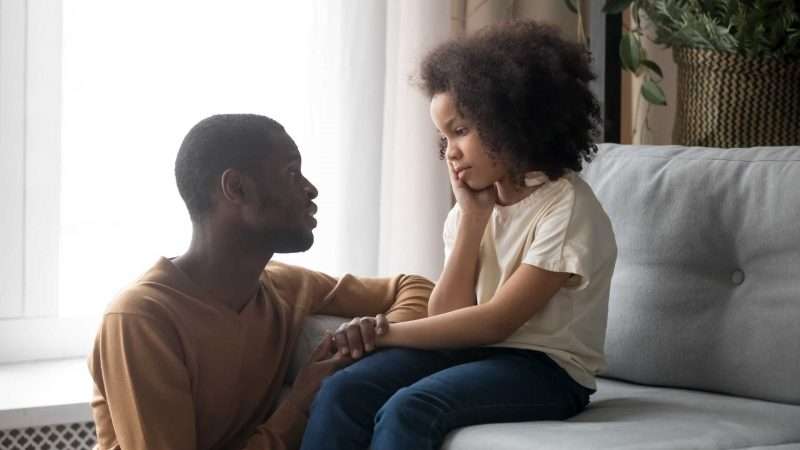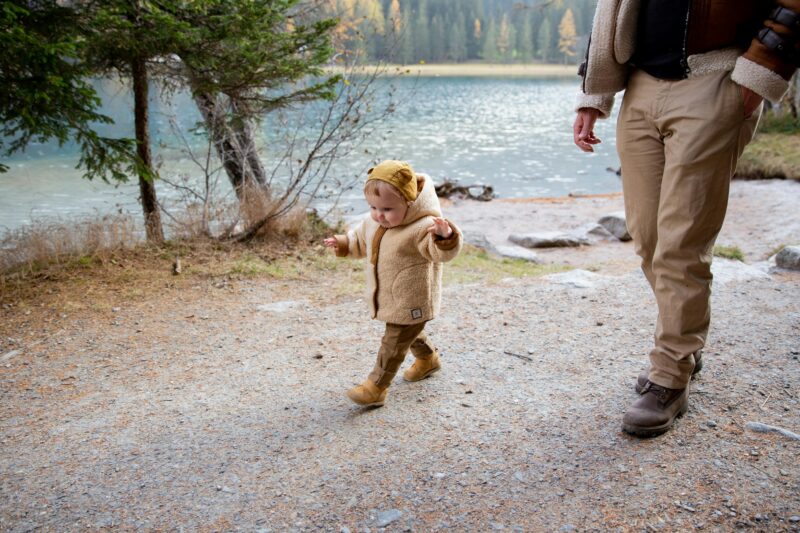Death, unfortunately, is inevitable. At some point, someone your child knows, a pet of theirs or someone well known will pass away, and they may have questions, fears and thoughts on it. This is why it is important to know how to talk about death with kids.
It is not an easy conversation, but you need to balance being truthful and honest with being reassuring and compassionate. It is not about giving the perfect answers, but rather doing the best job that you can. You know your child better than anyone else, so you can adjust these tips to fit their capabilities.
This article provides guidance that will help you pitch the conversation appropriately when the subject crops up.
How to talk about death
Use the correct terms
As adults, we often avoid using the word ‘death’. When you tell another adult that ‘we lost’ someone or someone ‘passed away’, they know what we mean. Children often don’t understand these euphemisms and it can be confusing. Tell them that someone died and there is no room for misunderstanding. Of course, death is a big concept, especially for small children, but as a starting point it is best to be honest and accurate. You can explain more from there as appropriate for their age.
Understand if they don’t understand
Small children in particular struggle with the concept of death being forever. They may ask at some point if they are coming back. This can be upsetting for you if you are grieving too, but try and prepare yourself for it. They are not being cruel by bringing it up, they often genuinely don’t grasp the fact that the person is not coming back.
Nicola Creaser of Child Bereavement UK told the BBC, “what I tend to explain to young children is that when you die you don’t need your body anymore. You’re not hungry or thirsty, you don’t need the toilet and you don’t get cold.”
Answer their questions
Your child may have questions when you talk about death, so try your best to answer them. If you don’t know an answer, it’s okay to say that. You can discuss what other people believe about death if that helps answer some tricky queries. Be there for your child as they are likely to remain curious. As tough as it might be for you when they bring the subject up, they need reassurance. Also, talking about it with your child could help you with your grief too.
Reassure them
It is natural, once you start to talk about death, that your child will worry that other people will die soon as well. If they ask about this, you can’t promise them it won’t happen, but you can say something like “I don’t expect that to happen for a long time.” Depending on the situation, you can explain that the person who died was very old or ill and that you and other family members and friends are much younger and healthy. Following an accident, you can reassure them that these events are very rare.
Children might also feel somehow responsible for the death, as a result of something they did or said. You should let them know that this is absolutely not the case. This is a fairly common occurrence.
Let them talk
One of the ways children overcome grief is to talk about the person or pet that has died. Let them talk. It is a way of processing their thoughts and memories about their loss. This helps you understand how they are feeling, and sharing stories about the deceased is a great way to honour them and remember the happy times too.













